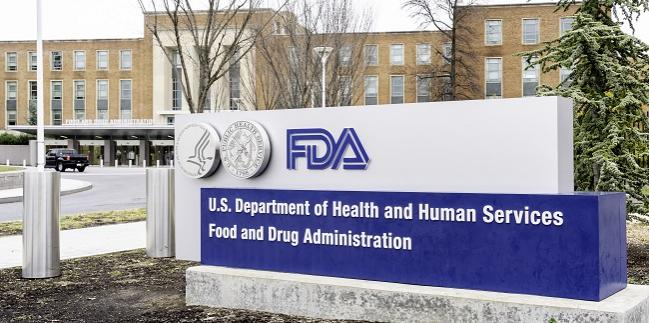FDA Reminder: Yearly, Lifelong Surveillance Needed for Endologix AAA Grafts
Citing additional concerning data, the FDA says the Circulatory System Devices Panel will meet in 2021 to discuss the issue.

In a safety communication issued today, the US Food and Drug Administration is reminding physicians and patients of the need for lifelong imaging follow-up, on a yearly basis, for type III endoleaks associated with Endologix AFX endovascular abdominal aortic aneurysm (AAA) graft systems.
The last time the FDA addressed this issue was in October 2019, after an abstract presented at a meeting suggested a 2.5% cumulative probability that patients with any Endologix (Irvine, CA) AAA grafts may need additional procedures to treat type III endoleaks by 2 years. Prior to that, the FDA had only indicated concern about rising rates of type IIIa and IIIb endoleaks with one Endologix device, AFX with Strata.
In their latest communication today, the agency says its recommendations have not changed and that it is continuing to evaluate new information suggesting that the endoleak risk may be higher than expected. Among the new data cited is an article published in July 2020 in the Journal of Vascular Surgery on over 600 patients. At 2 years, the incidence of type III endoleak was 4.0% for the AFX with Strata device, 5.1% for the AFX with Duraply device, and 14.1% for the AFX2. In the latter device group, however, there were only 33 total patients, compared with 375 in the Strata group and 197 in the Duraply group.
The FDA also highlighted two other conference abstracts from 2019 and 2020 that it finds concerning. In one, 25% of patients treated with an AFX device required reintervention related to the endograft, died, or had aneurysm rupture within 4 years. In the other, Strata graft complications increased dramatically beyond 3 years, with the authors noting that consideration should be given to prophylactic relining or explantation of AFX Strata grafts in appropriate patients.
“Because of ongoing concerns regarding this issue, the FDA is committed to obtaining additional postmarket data to better understand the risk of type III endoleaks for AFX endovascular grafts,” according to the safety communication. “In addition, the FDA will convene an Advisory Committee meeting of the Circulatory System Devices Panel in 2021 to discuss the type III endoleak risk for AFX endovascular grafts, the type III endoleak treatment options for patients who are implanted with AFX devices, and future postmarket surveillance strategies for all endovascular grafts used for the treatment of abdominal aortic aneurysms.”
L.A. McKeown is a Senior Medical Journalist for TCTMD, the Section Editor of CV Team Forum, and Senior Medical…
Read Full BioSources
US Food and Drug Administration. UPDATE: The FDA reminds patients and health care providers of the importance of at least yearly, lifelong follow-up with use of Endologix AFX endovascular AAA graft systems: FDA Safety Communication. Published and accessed on: December 4, 2020.


Comments